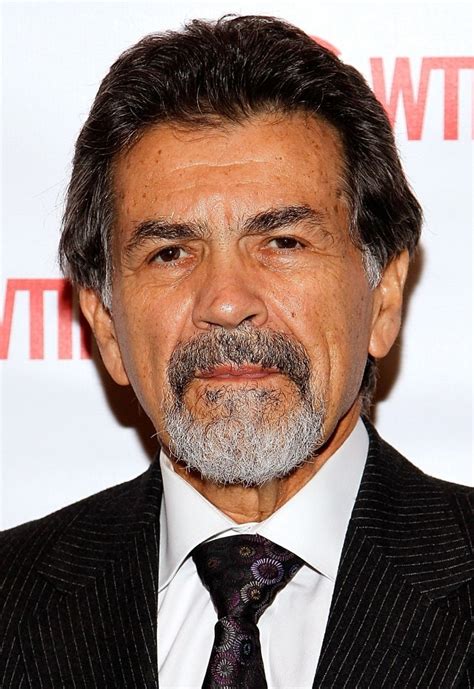A Quote by Jonathon Keats
I would say that what the value of talking about and thinking about a dome over Manhattan is that [Buckminster] Fuller has identified a scale of action I think is actually really compelling.
Related Quotes
Architects in urban planning are talking about this but they're not talking about it yet I don't think at that level that [Buckminster] Fuller is talking about when he talked about putting a dome over Manhattan, which is to say an attempt at integrating all of these different technologies in a way that makes for a city that, without having an actual dome, thermodynamically manages the heat flow for that urban environment and therefore makes it so that it is a highly efficient machine for a living or a dwelling machine as he would have preferred in terms of thermodynamically optimizing it.
[Buckminster] Fuller's idea of progress is a very 1950s organization man out of the military sort of idea of progress. So as a result, you have something like: we've got bad weather in New York City; let's put a dome over it. And so I don't want to put a dome over Manhattan and I hope that nobody who ends up reading the book wants to do so as a result.
I think that surprisingly few people right now know much about [Buckminster] Fuller beyond the few really iconic points. He invented the geodesic dome and he coined the term "spaceship earth" and that's pretty much the extent of what people who even have heard of him know. And I'm struck by how many people have not heard of him at all.
I think that in the first place, why we can get excited about [Buckminster ] Fuller, why it's plausible that people might - why my publisher would publish this book [You belong to the universe] about it long after he's dead and irrelevant by many standards has to do with the fact that he was in a sense coming up with this job for himself that is the job that we now refer to when we speak about world change.
[Buckminster Fuller] started talking about it far enough afterwards, an audience that was far enough from when they - when the air flow and the Zephyr and these cars in the time period that were made by mainstream automakers. It was far enough in the future, far enough after that point that nobody really bothered to fact-check.
Just enough of that to be able to give the reader a sense of skepticism that all - it seemed like all that was necessary. I don't really care. But what I do care about is what was happening within the realm of automobiles at the time that [Buckminster Fuller] invented his Dymaxion car because that is really relevant.
I think it's one thing to declare your sexuality, if you care about what that is. It's another thing to start talking in public about what you do in private and who you do it with. It's not that they [my significant others] don't want to be identified as gay, but that they don't want to be identified as ... with me.
Buckminster Fuller was down in Pennsylvania, then he'd come up and go to his island in Maine. He wanted to remain a New Englander. He taught from '48 to '49 and '50 at Black Mountain College. That's where he met Kenneth Snelson. Fuller kind of stayed a Yankee right in the New England area. So it was pretty easy to get him to come on over, and we would have lectures at the Harvard Science Center.





















